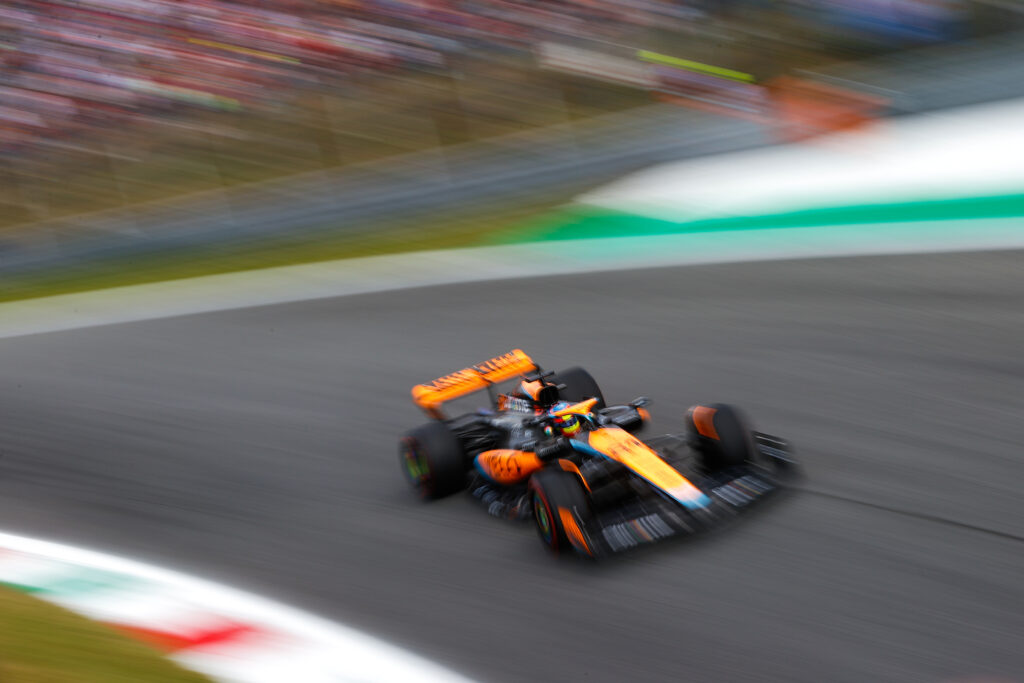In the fast-paced world of sports sponsorship, making the right decisions can be the difference between a slam dunk success and a costly fumble. One of the most crucial decisions that brands, athletes, and sports organizations must make is determining the ideal duration of a sports sponsorship deal. In this article, we'll explore the factors that influence the sponsorship optimal length, helping you make informed decisions to maximize your ROI and exposure.
The Dynamics of Sports Sponsorship: Sports sponsorship is a powerful marketing tool that allows brands to connect with their target audience on an emotional level. It's about aligning your brand with the values and passion of sports fans. But, how long should this alignment last?
1. Short-term vs. Long-term Goals: The ideal duration of a sports sponsorship deal often hinges on your marketing objectives. Short-term goals, like promoting a specific product launch, may benefit from shorter agreements, typically ranging from one to two years. Conversely, if your goal is to establish a lasting presence and brand association within a particular sport, a longer-term deal, such as five to ten years, might be more appropriate.
2. Budget Considerations: Your available budget plays a significant role in determining sponsorship duration. Short-term deals are generally more cost-effective upfront, making them suitable for smaller businesses or those testing the waters. On the other hand, long-term deals may require a more substantial financial commitment but can lead to increased brand equity and recognition over time.
3. Market Dynamics: The competitive landscape in your industry and sport can influence your sponsorship deal's duration. In a highly competitive environment, a long-term deal may offer more stability and exclusivity, ensuring your brand remains front and center. In contrast, less competitive markets may benefit from shorter-term agreements, providing flexibility to adapt to changing circumstances.
4. Athlete and Team Dynamics: The popularity and performance of the athlete or team you're sponsoring can significantly impact the ideal sponsorship duration. If you're aligning your brand with a rising star, a short-term deal might be suitable to test the waters. For established athletes or teams, a more extended partnership can help build a deeper connection with fans.

5. Sport Seasonality: Consider the seasonality of the sport when determining the duration of your sponsorship. Some sports have year-round events, while others have distinct seasons. Tailoring the agreement to align with the sport's schedule can help maximize exposure during critical periods.
6. Evolving Marketing Strategies: In today's digital age, marketing strategies are constantly evolving. Brands are increasingly turning to digital and social media to engage with fans. Short-term deals may allow you to adapt your strategy more quickly to changing trends, while long-term deals may require flexibility clauses to ensure you stay ahead of the curve.
7. Brand Growth Trajectory: Assess your brand's growth trajectory when deciding on sponsorship duration. If your brand is rapidly expanding, a shorter-term deal can help maintain flexibility. Conversely, established brands looking for sustained, long-term growth may find that multi-year partnerships align more closely with their goals.
The ideal duration for a sports sponsorship deal is a complex decision that depends on various factors, including your goals, budget, market dynamics, athlete/team dynamics, sport seasonality, evolving marketing strategies, and your brand's growth trajectory. There is no one-size-fits-all answer, but by carefully considering these factors, you can make an informed decision that will maximize your ROI and exposure.
In today's highly competitive sports sponsorship landscape, staying agile and adaptable is key. Whether you opt for a short-term or long-term deal, monitoring performance, and being open to adjustments is essential to ensuring your sponsorship investment yields the desired results. Remember, the ideal duration may evolve over time as your brand and the sports landscape change, so stay vigilant and ready to pivot when necessary.
This is original editorial content from Drive Sports Marketing, an agency specialising in Formula 1 sponsorship, Formula E sponsorship, MotoGP sponsorship, and WEC sponsorship.







